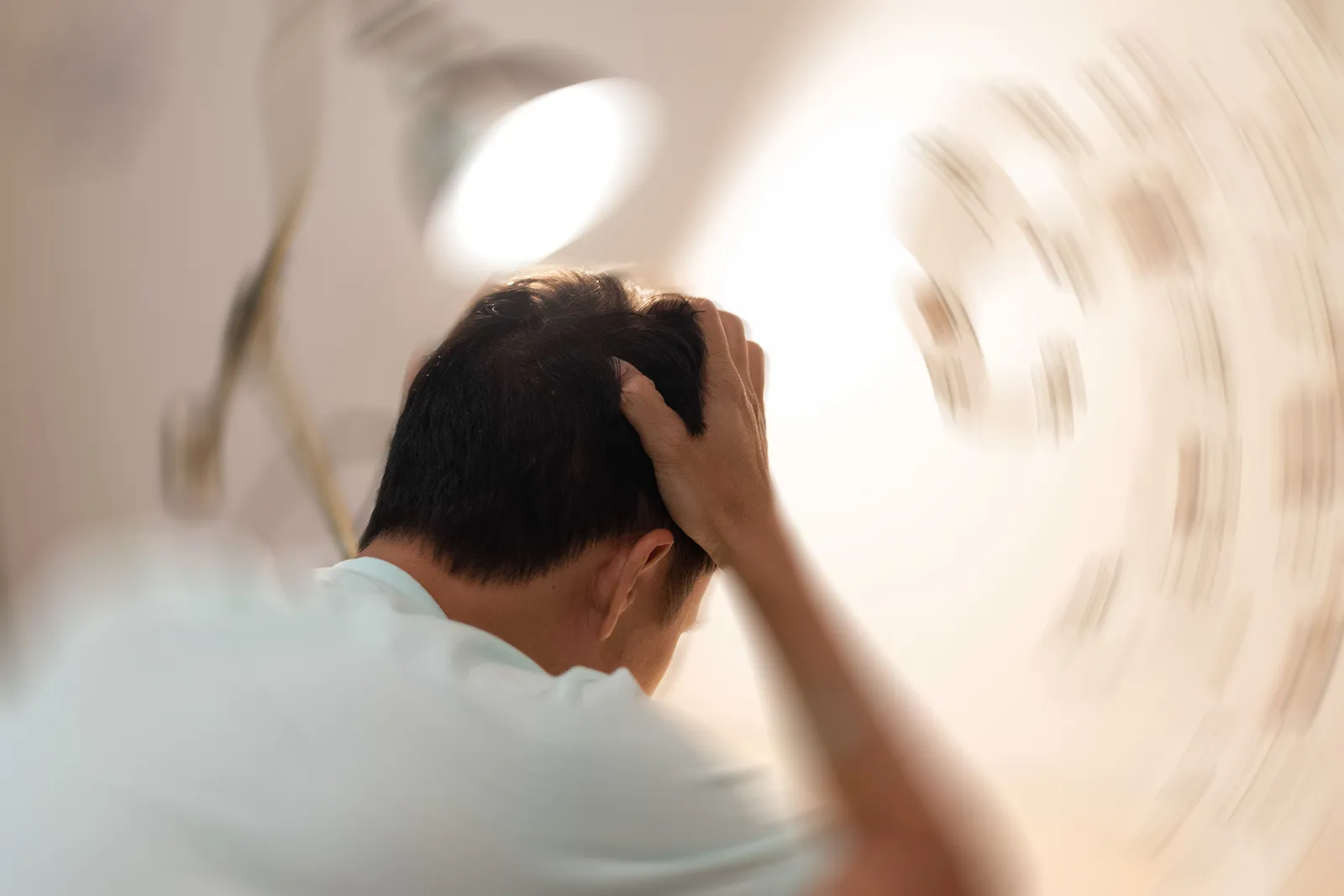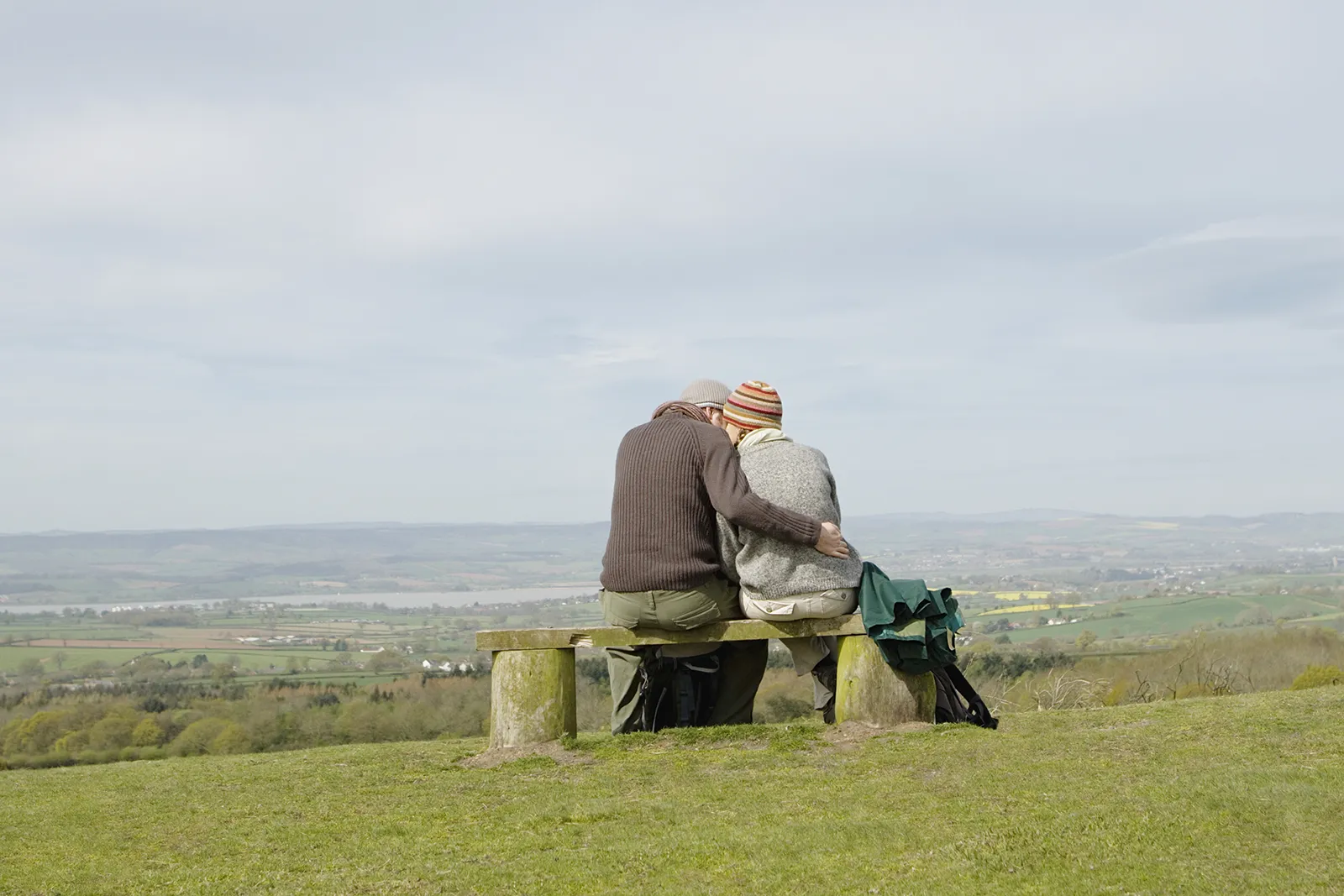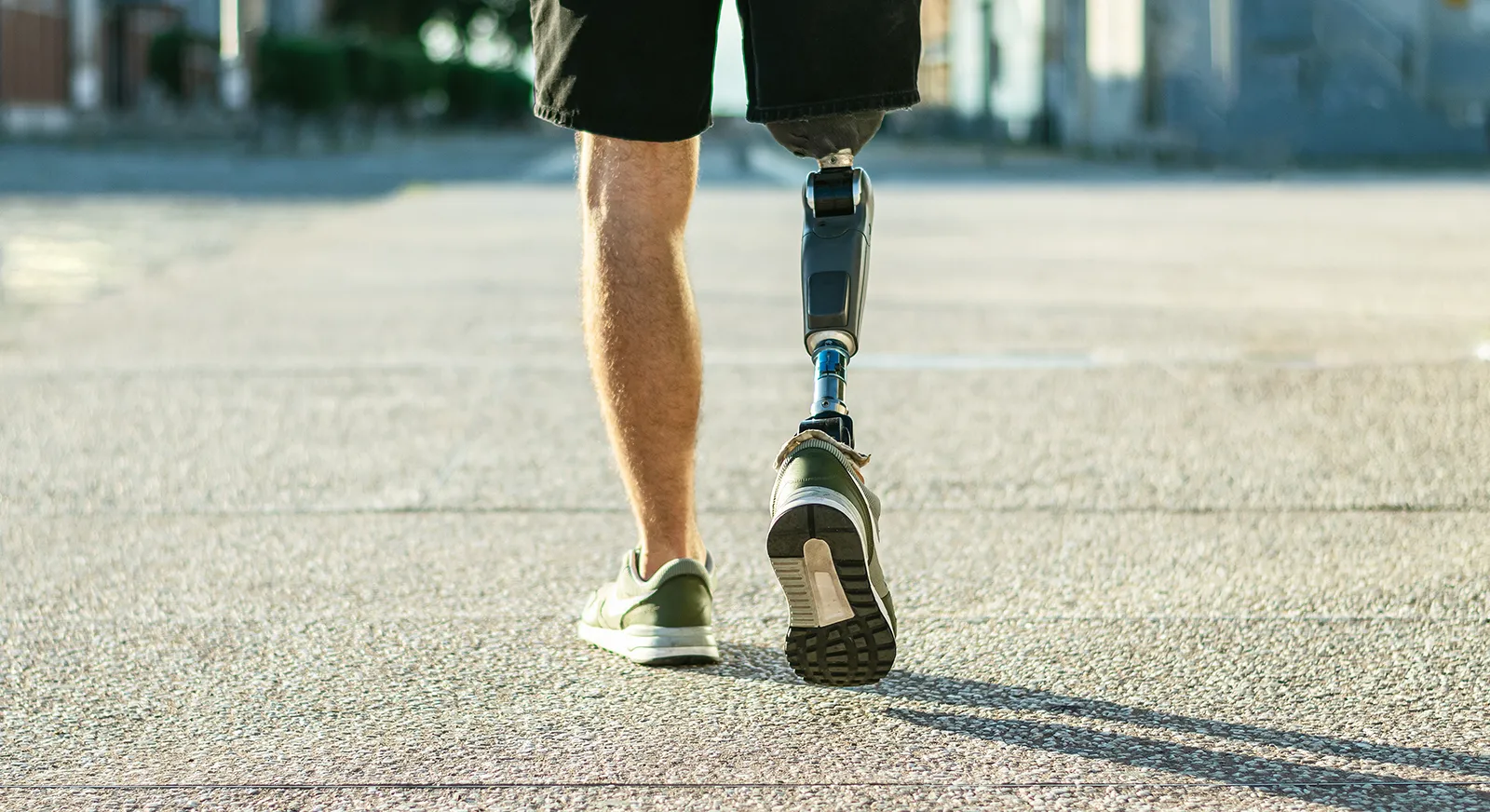As can be seen, the title of this article asks two questions (which all you wise readers of Truth Legal blogs will have spotted straightaway!).
Compensation claims of all types are being made every day: road traffic accident claims, accident at work claims and tripping and slipping accident claims. There will be clinical negligence claims being started, even as we write. In almost all the above examples, those who have been the victim of someone else’s negligence and have suffered personal injury or illness as a result, are probably not asking themselves whether or not it is right that they should be making a claim, save perhaps in the case of claims for clinical negligence against the NHS (a topic we’ve covered in one of our previous blogs).
However, sports personal injury compensation claims are an area where this debate has raged fiercely over many years. Should the law get involved in sport, or to put it into another slightly narrower context: once a sports player crosses that white line, should the law get involved with what goes on, on the field of play?
Argument against Sports Injury Compensation
Without getting too deeply embroiled in an academic argument here, the argument is that sport, particularly on the field of play, should be self-regulating. In all sports there is usually a referee who is there to see that the participants in the given sport are playing by the rules of that sport. When they break the rules, they are punished by the referee and then, if necessary, at a later stage, perhaps further punished by the sports governing body if the rules dictate that further punishment is required by way of suspension for a period of time, for instance.
To add grist to this school of thought, particularly in respect of injuries that occur on the field of play, is the fact that all participants in sport – and most obviously in contact sports, e.g. rugby, football, hockey to name but a few – by taking part in the game, accept that if they get injured as a result of taking part, then it is just part and parcel of playing the game and that by taking part they accept that from time to time they will get hurt. In doing so, as some people would say, they waive their right to compensation for any injury sustained during the game. There is a lovely Latin phrase used by lawyers that covers this. The phrase is ‘Volenti non fit Injuria’ which is translated literally as ‘to a willing person, it is not a wrong.’
The argument can be concluded in a nutshell by saying that there is no role in sport for lawyers to get involved, for events that take place on the field of play. As a mad-keen football player and fan, I disagree.
Argument in favour of Sports Injury Compensation
The opposing side of the debate goes along these lines: If a player is injured as a result of foul play that goes above and beyond the norm (something we shall look at more closely) in modern day sport (which is played at a faster pace than ever before, by participants that have got fitter and stronger than ever before) then why shouldn’t that person be able to make a claim for compensation, whether he or she be an amateur player, or a professional? After all, whilst for a professional player the consequences of serious injury are obvious, with the potential for loss of career, loss of huge earnings opportunities and sponsorship deals, as well as the compensation for the injury itself, the dangers are just as great for amateur sportsmen (very amateur in my case), who could also suffer loss of their livelihoods or be off work for considerable periods of time, leaving them with no income in the intervening period.
So, in a nutshell, this side of the debate could be summed up as: if I am injured whilst playing sport, as a result of the negligence by someone else, why should I not be able to claim?
Under what circumstances might I be able to make a claim then?
To succeed in a sports personal injury claim that was someone else’s fault, you must be able to prove these four things:
- That you were owed a duty of care. In contact sports all players owe a duty of care to each other.
- That the duty was breached by the defendant (the person who injured you). The breach of duty must be reckless and it must fall below the standard of a reasonably skilful and competent player.
- The damage suffered was caused by the breach of duty.
- That the particular kind of damage caused is not so unforeseeable as to be remote. In other words, the type of injury must be the type that you would expect to result from a foul or tackle.
The bar is high for proving negligence in sports personal injury compensation claims. That is not to say that it is a bar that has not been cleared before, by any means, and if you or a friend or family member has suffered injury as a result of being injured during a contact sport by a reckless challenge, then please call us to discuss the case. At Truth Legal we have some very talented personal injury lawyers who will be able to look at the circumstances that led to the injury and advise you as to whether they think you might have a claim. Yes, No Win, No Fee arrangements are possible too, if we think that you have sufficiently reasonable prospects of success.
To give your claim the best chance of being successful, the type of evidence that you would be looking to obtain would be some of, or as many of the following as possible;
- Photographic evidence – better still, any video evidence.
- Referee opinion.
- Expert evidence
- Evidence from witnesses as to facts – that is from people who were either at the sporting event as players or spectators.
To give you an idea of the types of claims that have succeeded:
Brian McCord of Stockport County FC was awarded £250,000 damages after being tackled by a Swansea City player, John Carnforth, in a game in 1993. The tackle, in which Carnforth slid in on one leg, with his other foot over the ball as the players went in for a 50/50 tackle, ended up breaking McCord’s leg so badly that his career was ended. The judge said that Carnforth had made ‘an error which was inconsistent with his taking reasonable care towards his opponent.’ The judge’s reasoning was that that would be the view that an ordinary and reasonable spectator watching the game would have taken.
Similarly, when Bradford City player Gordon Watson sustained a double fracture of his right leg following a tackle by Kevin Gray of Huddersfield Town in 1997, he was awarded compensation when the judge found that Gray had dived into a challenge from a distance of two or three yards away and caught Watson’s right lower leg as he was in the process of kicking the ball with his other leg. The judge said that it was such a forceful, high challenge that ‘…. A reasonable professional player would have known it carried with it a significant risk of injury.’
Jarrod McCracken was awarded damages against his opponent who ‘speartackled’ him in a rugby league game in Australia. In awarding McCracken judgment in his favour and damages, the judge in the case held that the players carrying out the tackle knew what they were doing when they lifted and upended their opponent in that they intended that McCracken should fall heavily to the ground. McCracken twisted his spine and suffered traumatic cervical spondylosis which ended his career.
Rugby scrums have always held the potential for serious injuries to occur and there have been a number of serious personal injury claims that have resulted from collapsed scrummages.
The case of a young amateur rugby player by the name of Vowles came to prominence in the early 2000s. Young Mr Vowles was a hooker for his local club. When one of his team’s prop forwards went off the field with an injury, the referee permitted a flanker to take over the departing prop forwards role, without asking whether his deputy had ever played in the role of prop before. This was a breach of the rules. It turned out that the player had never before played in this position. It was argued that the substitute prop’s inexperience caused the scrum to collapse as a result of which Mr Vowles sustained serious injuries. The referee argued that he did not owe the players a duty of care, but the court of appeal disagreed and gave judgment in favour of Vowles. As the referee was employed by the Welsh Rugby Union, it was held that it was vicariously liable for the referee’s negligence (vicarious liability means holding an employer liable for the actions of their employee). It was they who paid out compensation to Mr Vowles. (It is worth pointing out here that in all the cases mentioned it was the insurance companies of the football clubs, the rugby club in the case of McCracken and the Welsh Rugby Union that paid out the compensation, not the individual players or as here, the referee.).
There are many more examples of successful claims being made for injuries sustained whilst playing sport. Equally it has to be said, there are many examples where the ‘high threshold’ of negligence that we talked about earlier, were not met and the claims of the players were unsuccessful. Having though said that the ‘bar was high’ we felt it important to show that claims for sports personal injury compensation do succeed and it is not by any means only in professional sports personal injury cases, as shown by the verdict in the Vowles case. As judges repeatedly emphasis in these cases, each case has to be judged on its individual merits.
We have focused on football and rugby to a great extent in this article but we wish to emphasise that it is not only in these sports where successful claims can and have been made for sports personal injury compensation claims. Nor do all sports injury claims arise only from contact sports. Claims have arisen in relation to injuries caused by negligent coaching, negligent medical care, and due to breaches of liability of the organisers of sporting holidays and adventure activities, of local authorities (eg slipping and tripping accident claims at gymnasiums, swimming pools and accidents on local authority owned sports pitches) and even cases involving country sports. As you will by now have gathered the terms sports injury compensation claims covers a multitude of different types of accident claims.
The courts have shown that they will ensure that a high bar will be maintained in respect of whether sports personal injury claims succeed. No-one, including all of us at Truth Legal, want to see the competitive element taken out of sports. However, where injuries have occurred that were caused by foul play that was deemed to be above the norm for the particular sport in question, then it is only right that injured parties have the opportunity to turn to the law, to gain recompense. Like much of the law, this is common sense written down.
If you have suffered an injury whilst playing sport and as a result of reading this article feel that you might be able to claim compensation as a result, then why not call us to talk your potential claim through. We’ll give you straight advice and if we don’t think you have reasonable prospects of bringing a claim, we will tell you. Alternatively, if we do think that the circumstances that you describe show reasonable prospects for bringing a claim, we’ll be happy to start a claim for you. Call us now on 01423 788 538 or email us help@truthlegal.com and we will get straight back to you. Finally, the accident/incident that caused your injury must have happened within the last three years, after which your claim won’t be capable of being brought, as it will be time barred, unless you were a child at the time (or in some other specific cases).
Further Reading
From one of the UK’s most read legal blogs.











